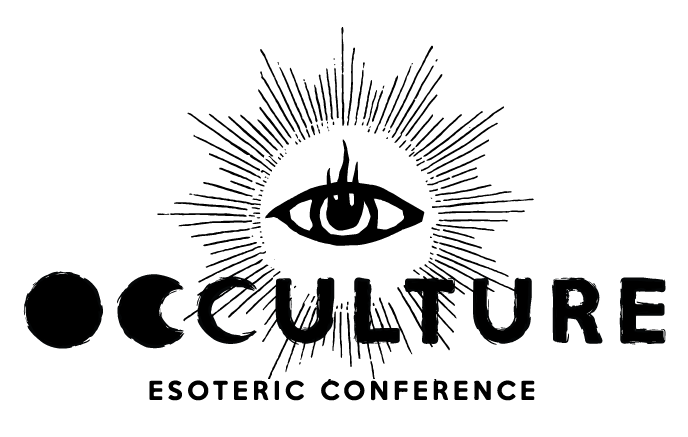19 May Gordan Djurdjevic
Gordan Djurdjevic
LECTURE

Zero equals Two: Aleister Crowley’s Ontological Theory and Its Relevance to Mysticism and Magick
In his unfinished essay “The Antecedents of Thelema,” written in 1926, Aleister Crowley (1875-1947) wrote down the following fragments:
“The Universe = 0 (or it would not be complete). But 0 = 1 + (-1).
(0 = 2) = Magick = the Will to Live.
(2 = 0) = Mysticism = the Will to Die.”
These and associated ideas constitute a red thread present throughout Crowley’s written opus; however, with only a few exceptions, they are rarely treated in a systematic manner. I propose to provide an interpretation of these, mutually related, ideas and to indicate their importance for both the philosophical as well as practical aspects of Thelema, a new religious movement initiated, according to Crowley, by the reception of The Book of the Law in 1904, ushering the advent of the Aeon of Horus, the Crowned and Conquering Child, in which we live now.
In its more obvious meaning, the 0 = 2 equation suggests that reality exists in two modalities: unmanifest (0) and manifest (2). The latter modality is characterized by the division (distinction, or duality) between the subject (the one who perceives) and the object (of the former’s perception). Crowley’s suggestion is that, when these two unite, they properly speaking do not become one (for if one is aware of something, then this is still the state of duality); instead, they become none, zero. He further suggests that this zero is the ultimate nature of reality, and he also associates it with Nuit, the goddess of infinite space from The Book of the Law. Crowley consequently argues that Mysticism (which in his usage refers to the practice of meditation, in other words, Yoga) has as its goal the merging between the subject and the object (1+1=2) for the purpose of achieving this state of perfection (0): 2 = 0. By the same token, Magick implies division, from the state of perfection (0), into a state characterized by the simultaneous presence of subject and object (1+1=2), for the purpose of achieving the subject’s primary goal, which is to gain knowledge and experience of the properties of the object: 0 = 2. (In this context, the “subject” refers to Hadit from The Book of the Law, the essential core of every human being, while the “object,” the other, manifesting as the external universe, is Nuit). The relationship between the subject (Hadit) and the object (Nuit) implies also a particular manner of the deployment of the functions of Will (which is, to live) and Love (which is, to die).
Bio
Gordan Djurdjevic, independent scholar, is a contributor to the anthologies Aleister Crowley and Western Esotericism (Oxford University Press, 2012); Esotericism, Religion, and Politics (Association for the Study of Esotericism, 2012); A Rose Veiled in Black: Arcana and Art of Our Lady Babalon (Three Hands Press, 2016); Handbook of Religion and Secrecy (Routledge, 2022); Appropriating the Dao: The Euro-American Esoteric Reception of China (Bloomsbury, 2024); Daimon and Pharmakon: Essays on the Nexus of Entheogens and the Occult (Three Hands Press, forthcoming); Occult South Asia: From the 19th to 21st Century (Brill [?], forthcoming), and The Tantric World (Routledge, forthcoming). He is co-editor, with Henrik Bogdan, of the collection of essays Occultism in a Global Perspective (Acumen, 2013; reprint, Routledge, 2015), and the author of Masters of Magical Powers: The Nāth Yogis in the Light of Esoteric Notions (VDM, 2008); India and the Occult: The Influence of South Asian Spirituality on Modern Western Occultism (Palgrave Macmillan, 2014); and, with Shukdev Singh, Sayings of Gorakhnāth: Annotated Translation of the Gorakh Bānī (Oxford University Press, 2019). His book with a working title Aleister Crowley and “Oriental Wisdom”: Influences and Correlations between Thelema and Asian Thought is forthcoming from Inner Traditions.



